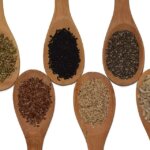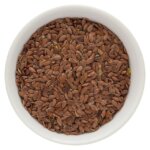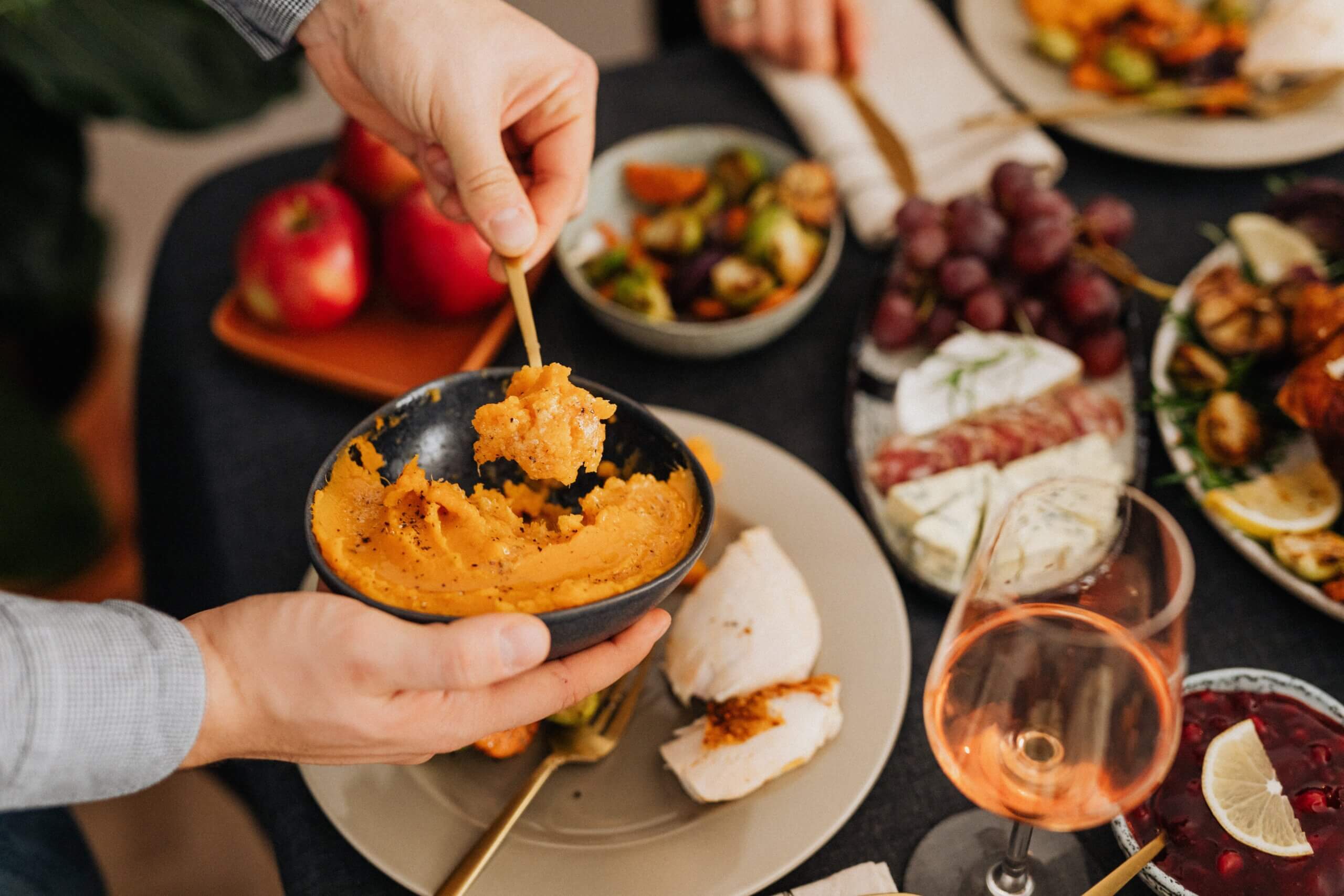The month of Ramadan, in accordance to the Islamic calendar, is a period of fasting (sawm) for all healthy and sane adult Muslims. Fasting is a way of achieving a higher degree of spirituality and a closer connection with God. The intention of fasting is not just to abstain from food and drink but also to refrain from any unnecessary actions that someone would do if they were not fasting. The intention of fasting should be done for the sake of Allah alone without letting others influence your decision. In addition to these benefits, there are many other benefits that come from fasting such as weight loss, physical health, mental health, spiritual reward and more. My Trendy soul will cover 7 strategies that will help you get the most out of your Ramadan experience!
What is fasting?
Fasting is abstinence from anything that breaks the fast. For those observing Ramadan, this includes food and drink, as well as anything which breaks the fast such as smoking or chewing gum.
Benefits of Fasting
Fasting is beneficial for everyone, but it’s especially important for people who are overweight or obese. In Ramadan, you can lose up to 25 pounds if you’re a healthy person. In addition to weight loss, fasting can help you get healthy and feel better mentally and physically. It can also help your body release endorphins that make you feel good by promoting a sense of euphoria.
Strategies to Get the Most Out of Ramadan
Plan Your Day Ahead of Time
Be sure to plan ahead what you’ll be eating for your suhoor (meal before sunrise). If you know what you’ll be eating in advance, it will be easier to resist the temptation of food between dawn and sunset. You also want to think about what kind of physical activity will take place during the day so you’ll know when to drink water and eat something else so not too much time goes by without food.
How to lose weight in Ramadan
1. Drink lots of water throughout the day.
2. Prepare your own fruit and vegetable juices at home to drink during the day.
3. Eat smaller meals – try to have not more than 3 meals a day, but rather 5 or 6 small healthy snacks spaced out evenly throughout the day.
4. Avoid fried or greasy foods as they are high in calories and fat content that may lead to weight gain even when fasting.
5. Plan your workout schedule for Ramadan – try to walk at least 2-3 miles per day, do some light exercises like yoga, Pilates, etc., or simply go for a short jog.
6. Try to maintain a positive attitude by reading inspirational books, listening to uplifting music, spending time with family and friends, doing self-care activities like taking a bath with essential oils, etc…
7. Finally pray more often during Ramadan – this goes without saying as many Muslim people tend to pray more throughout this month than any other month of the year!
#1: Drink more water during the day
Drinking plenty of water is key to not only keeping your body hydrated but also keeping you feeling full. The more water you drink, the less hunger and thirst cravings you will experience.
#2: Avoid drinking any type of beverages containing sugar or calories during the day
If you want to lose weight during Ramadan, it is important not to drink any type of beverages containing sugar or calories during the day. Drinking water is recommended for your thirst, but if you are feeling very thirsty, you can drink a cup of tea, coffee, or juice in the morning before the sun rises. Energy drinks are also something that should be avoided because they are full of caffeine and sugar. If you are drinking energy drinks on a regular basis, then abstaining from these during Ramadan will be an easy change for your body to make.
#3: Eat healthier, stop eating junk food
If you want to lose weight, one of the things that you can do is stop eating junk food. It may not seem like a big deal, but it makes a difference in the long run. Junk food contains many empty calories and can lead to weight gain. The first step that you should take is to stop eating unhealthy food and start eating healthier options.
One of the most important steps in losing weight is establishing healthy habits. When trying to lose weight, it’s important to avoid unhealthy foods because they are more likely to pack on pounds than healthier alternatives. Healthy habits won’t just allow you to lose weight; they’ll help you maintain your weight once you’ve reached your goal.
#4: Exercise more often, break a sweat!
One way to get the most out of your Ramadan experience is to exercise! In addition to being a form of exercise itself, it also helps with weight loss. When you break a sweat, you’re getting rid of toxins and eliminating fat from your body. You’ll feel better after breaking a sweat and have more energy for the rest of your day.
The month of Ramadan is a time that can be used as an opportunity to break bad habits and establish new ones. This includes exercising more often, which will not only benefit you spiritually but also physically! Exercise during Ramadan will help you maintain a healthy weight for the rest of the year. If you want to learn more about how to plan for exercise in Ramadan, check out this blog post: How To Get The Most Out Of Your Ramadan Experience With Exercise
#5: Eat small meals throughout the day
Many people may think that the only way to lose weight during Ramadan is to starve themselves for the entire month. This is not true! One of the best ways to lose weight in Ramadan is by eating small meals throughout the day. The idea behind this strategy is that you will be able to satisfy your natural appetite without overeating or snacking on unhealthy food. And, because you are eating small meals, you won’t feel so hungry and tempted to eat at night.
#6: Cut out sugar from your diet
Cutting out sugar from your diet can help you lose weight. Sugar is not only in the foods you would expect like candy and ice cream but it is also in many processed foods such as breads, cereals and more. It’s important to make sure what you’re eating during fasting is healthy for your body and mind.
#7: Stay away from heavy foods that are rich in carbohydrates and fat
One of the most important strategies to help during Ramadan is to stay away from heavy foods that are rich in carbohydrates and fat. When fasting, you might find yourself feeling hungrier than usual because your body needs more energy to function. In order to decrease hunger during this time, make sure to only eat smaller portions of food and eat foods that are high in nutrients such as vegetables. You can also try eating food with high levels of protein such as eggs or milk products to provide your body with essential nutrients for energy.












